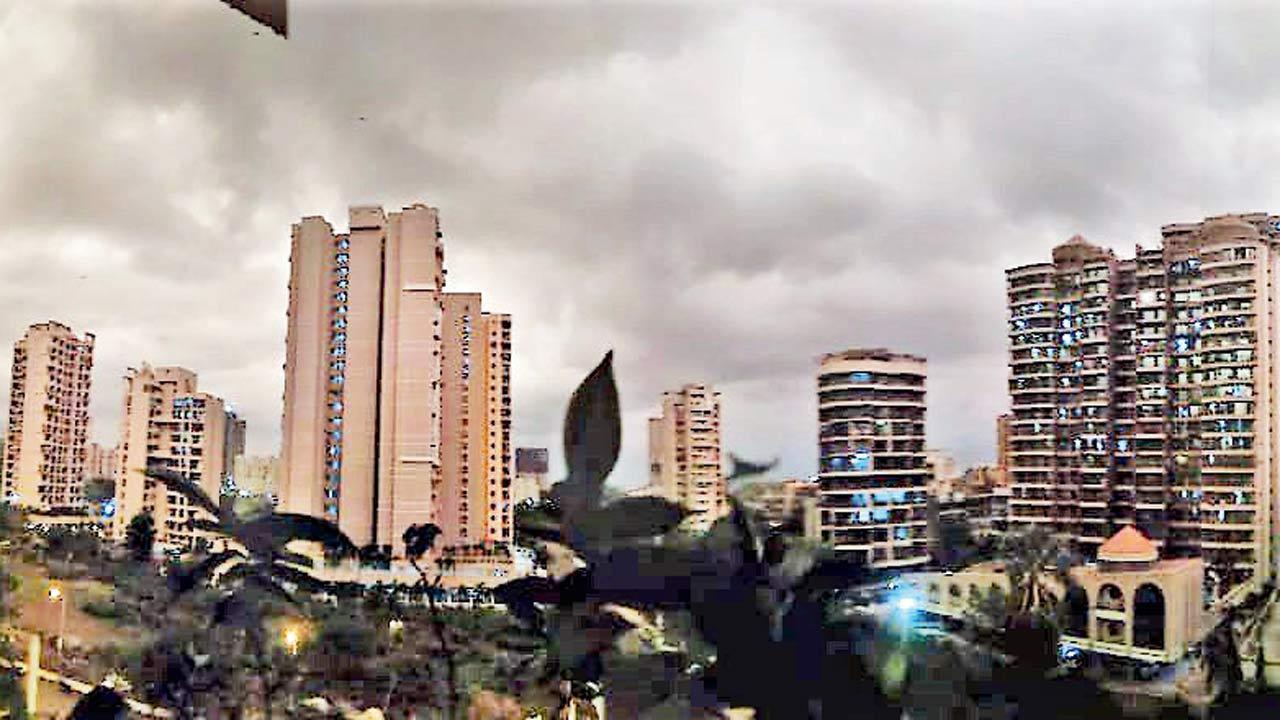MahaRERA Bar Association and state housing policy (proposed) clash on control of penalties and operational budget

The state government can take appropriate action to prevent misuse of funds. Representation pic
RERA should deposit penalties/fees to the state exchequer, and the budget for RERA’s functioning should be decided by the state Assembly. The position of RERA chairman is not equivalent to that of a high court judge, it is a misconception. Additionally, the CAG should mandatorily audit RERA's collection of penalties and fees, as well as its usage. The state government can take appropriate action for misuse of funds, if any," says Sunil Kumar Singh, former IAS officer (1983 batch, Bihar cadre) and Member (Administrative/Technical), RERA Appellate Tribunal, Bihar.
Singh was reacting to Maharashtra’s proposed housing policy, which states that MahaRERA funds collected through fees and penalties must be deposited in the state exchequer. Notably, the MahaRERA Bar Association has a different perspective on this issue.
What the proposed housing policy states
The draft housing policy covers several key issues under the RERA sub-head, including a) adequate staffing, b) deputation of staff, c) a bench in each district for complaint redressal, and d) a consolidated state fund. According to the policy, fees and penalties collected by MahaRERA should be credited to this fund, from which the budget for RERA’s operations can be allocated as needed.
Regarding deputation, the policy notes that the most important posts in MahaRERA are currently filled on a contractual basis. To ensure effective functioning, it recommends deputing senior positions from other government departments and establishing district-level benches for timely complaint resolution.
Previous rulings
“RERA is a parliamentary Act, and all states (except Union Territories) are required to directly deposit collected penalties and fees into the state exchequer, as per Section 76 of the RERA Act, though some states are not following this. Karnataka is one of the few states diligently practising this, with the state Assembly approving funds for Karnataka RERA operations,” said Singh to mid-day.
Singh further explained that until 2022, Bihar RERA did not follow this practice. However, the RERA Appellate Tribunal, Bihar, in a suo motu case, ordered Bihar RERA to credit penalties to the state account. The new Bihar RERA chairman complied with this order without challenging it in the high court.
Mandatory CAG audit
"It is mandated by statute that the Comptroller and Auditor General (CAG) audits all state RERA expenditures, but this is not practised in many states. Often, the state RERA chairman (typically a retired bureaucrat) uses discretionary power over these funds without state oversight. State RERA is also required to submit annual reports to both houses of the state legislature (Vidhan Sabha and Vidhan Parishad), but many states fail to comply," said Singh.
Recruitment
On the recruitment of office bearers, Singh clarified, "State RERA authorities lack the power to make direct appointments. Section 28 of RERA specifies that the appropriate government, in consultation with the authority, may appoint necessary officers and employees to ensure effective operation under the Act."
Conciliation
Singh emphasised that conciliation is an effective form of justice if both parties agree, with resolutions ideally delivered within 60 days, including a RERA judgment if conciliation fails.
Eight years of RERA: Evaluating effectiveness
“It’s unfortunate that RERA, intended to bring regulation, transparency, financial discipline, citizen-centred governance, accountability, and swift redressal to the real estate sector, has been taken less seriously by some state RERAs. After eight years, it’s high time for the Central government to assess RERA’s effectiveness on the ground,” Singh concluded.
Differing viewpoint
Advocate Anil D'Souza, Secretary of the MahaRERA Bar Association, disagrees with the draft policy recommendations. “The state’s draft housing policy on RERA is misguided. The government should support MahaRERA by appointing more benches and legal teams instead of transferring its funds to the state exchequer, which will only undermine it," he said.
“Serve the tax-paying public first. We oppose transferring MahaRERA funds to the state exchequer. Taxpayers have already paid stamp duties, litigants have paid court fees, and builders and brokers have paid registration fees. The present funds (since inception in 2017) with MahaRERA is approximately R200 crore. Why should this become the state exchequer’s revenue? ” asked D'Souza.
A better approach
D'Souza suggested appointing retired Supreme Court and high court judges to head important positions within MahaRERA instead of retired members from government machinery, as they bring integrity, experience, and commitment. "This would strengthen MahaRERA and make it a robust institution," he added.
 Subscribe today by clicking the link and stay updated with the latest news!" Click here!
Subscribe today by clicking the link and stay updated with the latest news!" Click here!








